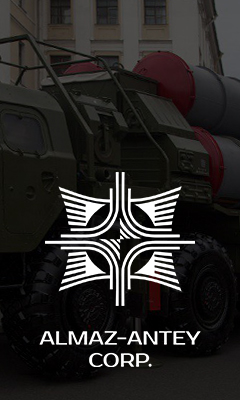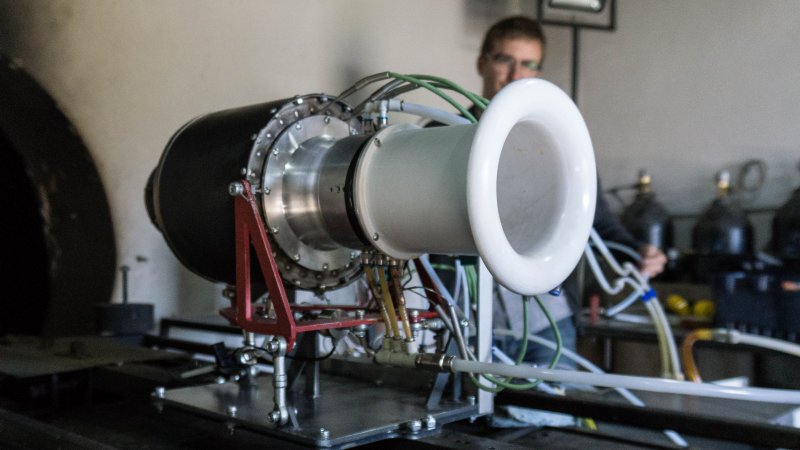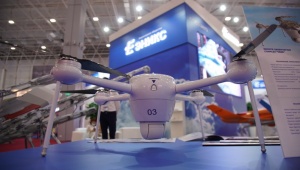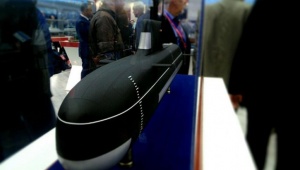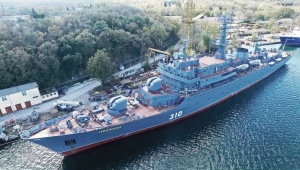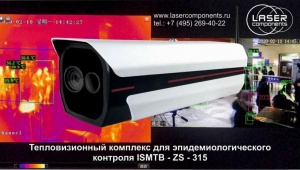The main purpose of the trials was to determine thrust and energy efficiency of Reynolds 500 turbojet engine prototype. The testing was arranged in conditions similar to the International Standard Atmosphere (ISA). Specific fuel consumption was 1.24 kg/kgf per hour, and thrust was 48.6 kgf, which is confirmed by the official protocol.
"As we know, there are no engines with such fuel-saving capability in this thrust segment: commercial manufacturers of turbojet engines declare 10-40% higher fuel consumption. We have selected optimal cycle parameters in terms of fuel efficiency; the single-sided rotor support design improves efficiency of systems and increases the estimated service interval up to 300 hours", Gusev said.
Further plans of the company include flight trials; preparation for them will take about half a year. Although the interviewee did not specify what kind of drone would take off with the Reynolds’ engine, he added that the prototype had no difference with the serial sample.
Trial results were assessed by Amir Valiev, a board member of the association of operators and designers of unmanned aircraft systems Aeronet. "A pretty good result as of fuel consumption and service interval, 300 hours. Analogues normally demonstrate shorter service life. Speaking of the engine weight, however, 7 kg is a quite middling parameter for 50-kg thrust", said the expert.
R500 is an engine with 50-kg thrust, fully-kerosene start and brushless 400W starter generator directly coupled with the engine. The turbojet engine is designed for unmanned aircraft systems with MTOW from 100 to 300 kg.
Reynolds LLC is a resident company of Skolkovo Innovation Center. It became one of the winners in Dual Technologies industrial sector of Generation S accelerator.
In April 2018, Mil.Press detailed on applications for the Reynolds’ turbojet engine.
Russian Gas Turbine for UAVs Passed Bench Tests
Benchmark trials of the small-size turbojet engine for ultra-light unmanned aircraft have been finished in Kazan, at JSC Eniks test bench licensed by the Russian Defense Ministry. The engine sets a new standard of economical efficiency in its class, director of Reynolds design bureau Nikita Gusev told Mil.Press Today.













